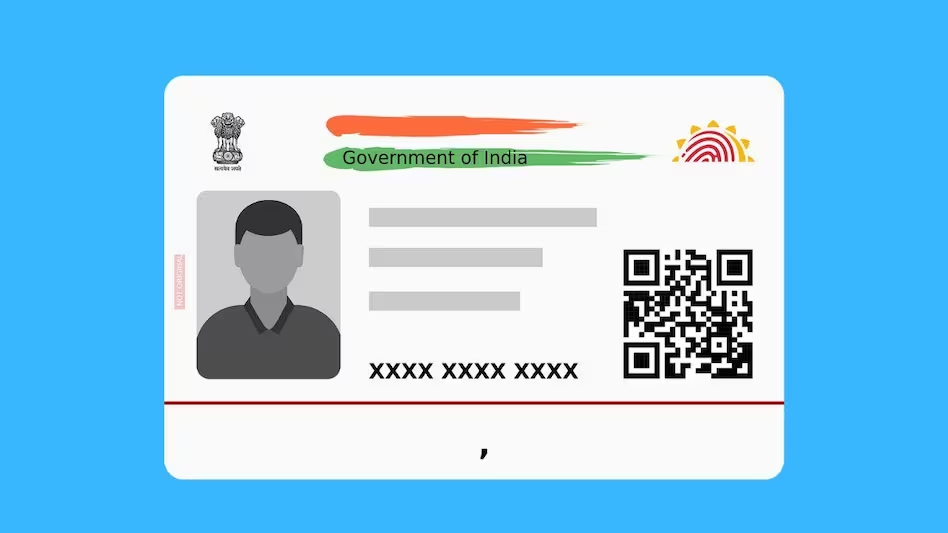

CBSE 2026 Exams: Why APAAR ID Is Now a Must for Every Student
What Is the APAAR ID?
The Automated Permanent Academic Account Registry (APAAR) is a 12-digit digital identity for students. It was introduced under the National Education Policy 2020 to create “One Nation, One Student ID.”
The APAAR ID records all academic achievements, co-curricular activities, and certificates in a single digital account. It connects with DigiLocker, so students can download mark sheets, migration certificates, or awards anytime. This removes the need to store paper documents and simplifies verification during admissions or job applications.
Why CBSE Made It Compulsory
In June 2025, the CBSE Governing Body decided to make APAAR ID mandatory for the 2026 board exams.
- Students of Classes IX and XI must provide their APAAR ID during registration.
- Students of Classes X and XII must have the ID in the List of Candidates (LoC).
Without the APAAR ID, the student’s name will not be included in the exam list. This means no APAAR, no board exam.
The decision aims to improve accuracy in records, prevent duplication of entries, and make the education system more transparent. It will also help schools track student mobility when families move cities or change schools.
How the Process Works
The responsibility for generating the APAAR ID lies with schools. Each school must collect student details, Aadhaar numbers, and consent forms. Parents need to sign the consent form for minors. Schools will then upload details on the UDISE+ portal, where the APAAR ID is generated.
Once generated, the ID is linked to the student’s DigiLocker account. Students and parents can view it under “Issued Documents.” Schools can also check the status through the APAAR module.
| Step | Action Required | Who Handles It |
|---|---|---|
| 1 | Submit Aadhaar and details | Parents/Students |
| 2 | School uploads on UDISE+ | School Administration |
| 3 | Consent form signed | Parents |
| 4 | APAAR ID generated | Education Department |
| 5 | ID linked to DigiLocker | Automatic |
Parents must ensure that the name, date of birth, and Aadhaar details match the school’s records. Any mismatch may delay the ID generation and block exam registration
Did You Know?
Dakshina Kannada district has already issued APAAR IDs to more than 80% of students. Officials there used correction camps and help desks to speed up the process.
What Students Must Remember
If you are in Class IX, X, XI, or XII under CBSE, your school will ask for Aadhaar details and consent forms soon. Cooperate with the process, cross-check all entries, and confirm your APAAR ID is generated before registration deadlines.
CBSE has made it clear: for the 2026 board exams, APAAR ID is not optional. It is the only key to exam registration and certification. Students and parents should act now to avoid last-minute issues.










